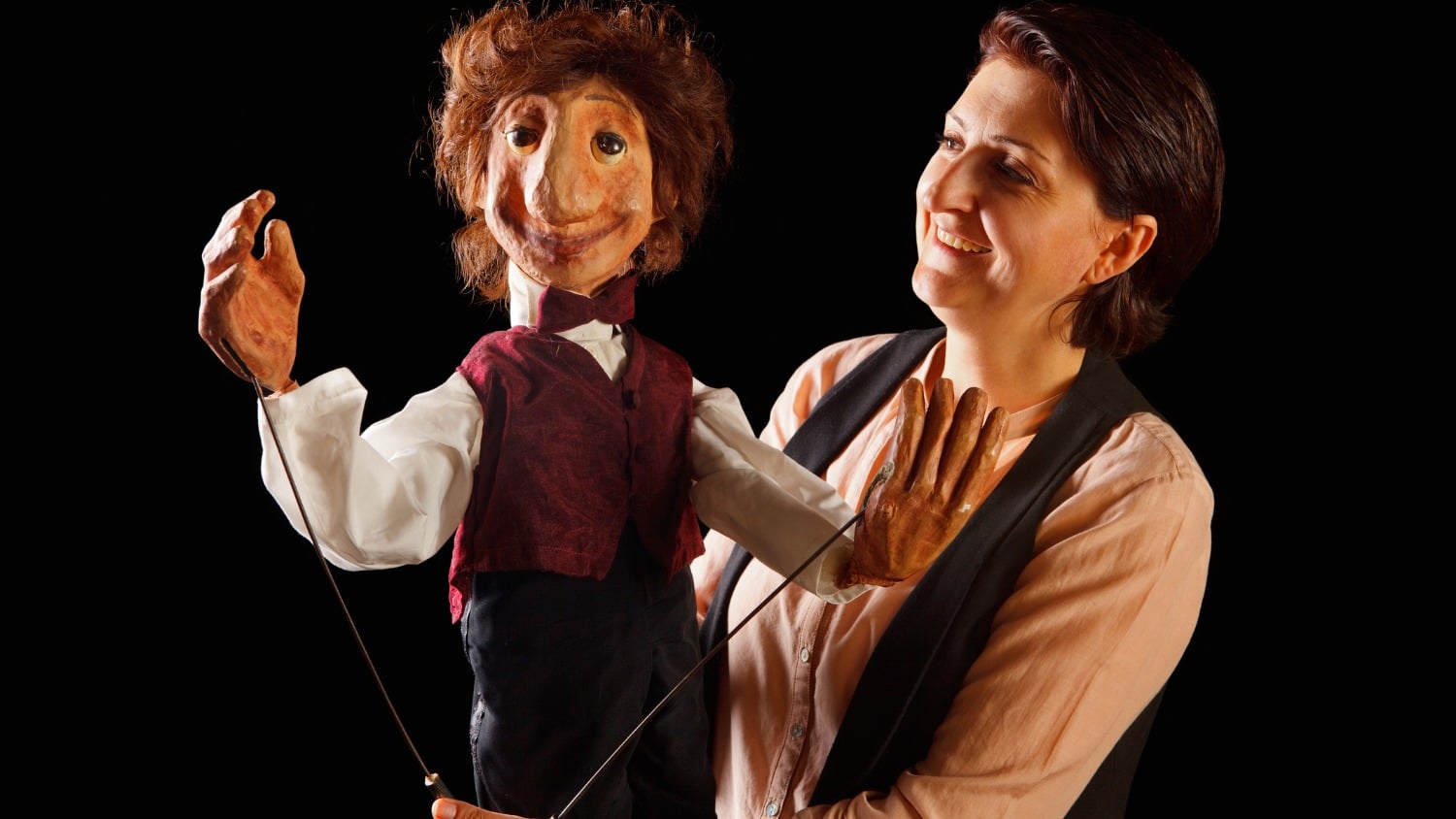Film Review: Women Talking
The gaunt, stricken faces on the characters of Director Sarah Polley’s Women Talking tell us a great deal about despair. Living within the confines of an isolated religious colony, they have, over the course of their lives, been repeatedly sprayed with livestock tranquilizers in the dead of night, then raped; sometimes by more than one assailant.
The male cohorts of the colony call the charges raised by the women as acts of vivid imagination, delusion, or punishment from God. Even when the rapes result in pregnancy.
The Stakes
Ms. Polley, who wrote the film’s Oscar-winning screenplay, gives us access to the story in the midst of an extreme paradigm shift. One of the women has thwarted her assailant, mid-attack. During the commission of a violent act of retribution against him, she discovers the names of his co-conspirators.
Between the time of the men’s arrest, and an effort by the colony’s men to raise bail, a quorum of women are left alone long enough to hold a tribunal. They will ultimately decide to proceed with one of three options: Do nothing, stay and fight, or leave. A high-stakes debate that will determine their fate.
The women gather at a hayloft in the agrarian community’s barn. A large opening in the side of the structure reveals a distant world existing just outside of their predicament, perhaps metaphorically further than their ability to reach. The question is, can the women – who have long lived under the heavy thumb of male oppression – abandon the only world they know? And, if so, are they wise enough to build a peaceful existence for themselves, elsewhere?
They reach the debate table with many strikes against them. Not the least of which is the lack of formal education. They can neither read nor write. It is the memorized biblical passages that form the spine of their strict religious philosophy, and the unrelenting devotion to faith, forgiveness, and healing.
They will need to believe that the God who allowed the atrocities against them, can be the same God to lead them to redemption. The answer lies somewhere between the blindness of their rage and the sanity of their pragmatism.
The Women Talking Team
Ms. Polley has assembled a formidable cast to parse the facts. Ensemble acting can provide opportunity for a succession of star turns. But the cast of Women Talking unerringly deliver calibrated performances in strict service to the story.
Claire Foy, Jessie Buckley, Rooney Mara, Sheila McCarthy, and Judith Ivey, are standouts. Their soliloquys pin-map the emotional status of each character. But it is the intense, empathic debate between them that cuts a path toward consensus. The health of the group will take precedence over resistance or revenge.
In order to leave a narrative for the men, they select a scribe to take minutes of the meeting. August, (Ben Whishaw), is the sensitive, empathic son of a woman expelled from the colony for challenging its lifestyle. His presence might imply that men – good men – should be open and attentive when women are talking.
When it becomes clear the rest of the male cohort will soon return, an elder member of the group suggests the women turn their individual grievances into fuel that can move them toward a better place.
Cinematographer Luc Montpellier and Ms. Polley’s decision to desaturate the color rendition of the film is an homage to photographer Larry Towell. Towell famously shot black and white images of a Mennonite community in Mexico. The resulting muted wash of color allows us to concentrate on what the women are saying, instead of on their surroundings.
Composer Hildur Guonadottir underlines the temperament of the film with a haunting score that feels risen from the ground beneath the women. Using The Monkees’ 1960s hit, Daydream Believer, is an inspired bit of mood shifting. Its lyric, “Cheer up, sleepy Jean” blares out from the truck of a census taker. Perhaps a challenge for the women to awaken from the somnambulant acceptance of their situation.
Truth and Consequence
The film is based on Miriam Toews’ novel of the same name. Ms. Toews was, herself, born into a Mennonite community in Manitoba, Canada.
Events in the film mirror those in a Bolivian Mennonite colony just a little more than a decade ago. Seven of the eight defendants in that case were found guilty.
Though Women Talking seems far from a story ripped from the headlines, it is a banner moment in the politics of sexual oppression against women. Written by a woman. Directed by a woman. Optioned into a movie and produced by women. Performed by a cast of formidable female actors and activists. The film demonstrates that much can be learned from the unique voices of survivors and their advocates. If we choose to listen.
For my reviews of additional films, please click here.
Let’s Have a Conversation:
Have you seen Women Talking? What other movies around women rights have you watched lately?
Tags Entertainment







A gripping movie. I wish I had read up on this movie before I saw it as I would have understood it better, The movie was filmed in a barn in Claremont, Ontario close to where I live.
Yes, I have seen it. Powerful. Watch it today.
Jan Cullinane, author, The New Retirement: The Ultimate Guide to the Rest of Your Life (Wiley, 2022)
I’ve watched the movie and was deeply touched by it. I got very soon the feeling that the decision, the women have to make is about almost all situations we are in: do we do nothing? Stay and fight? Or leave? Very impressiv how they came to an consensus, a lesson in decision making. Some people criticize, that there is only little action in this movie. I found a lot of action happened inside of me: emotional and interlectuell. I’m recommending to watch it for everybody.
I thought this movie was excellent. The points it raised for viewers were not only about living in an isolated religious community and unknowingly being raped. These things will not happen to most people, thank god. But it does make you question what you will put up with, and are putting up with, to be secure or to fit in. The ladies who left went toward a future that would provide them some dignity as human beings, even if that future was unsure. And Frances McDormand, though on the screen for such a short time, was outstanding, as she is in every movie she’s in.
I am not in the habit of leaving negative comments, but since you asked…. This was less of a film and more of an endurance test. Maybe I just prefer movies that are more upbeat or relatable.
The “endurance test” was the sum total of all the community’s women’s – including young girls’ – experiences of being violently, sexually exploited and ravaged by the men, not to mention their complete and total subjugation as servants and baby machines.